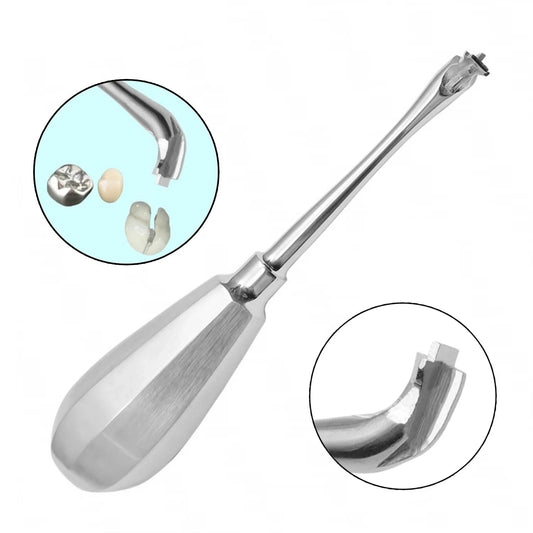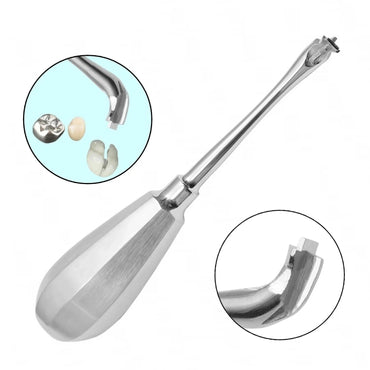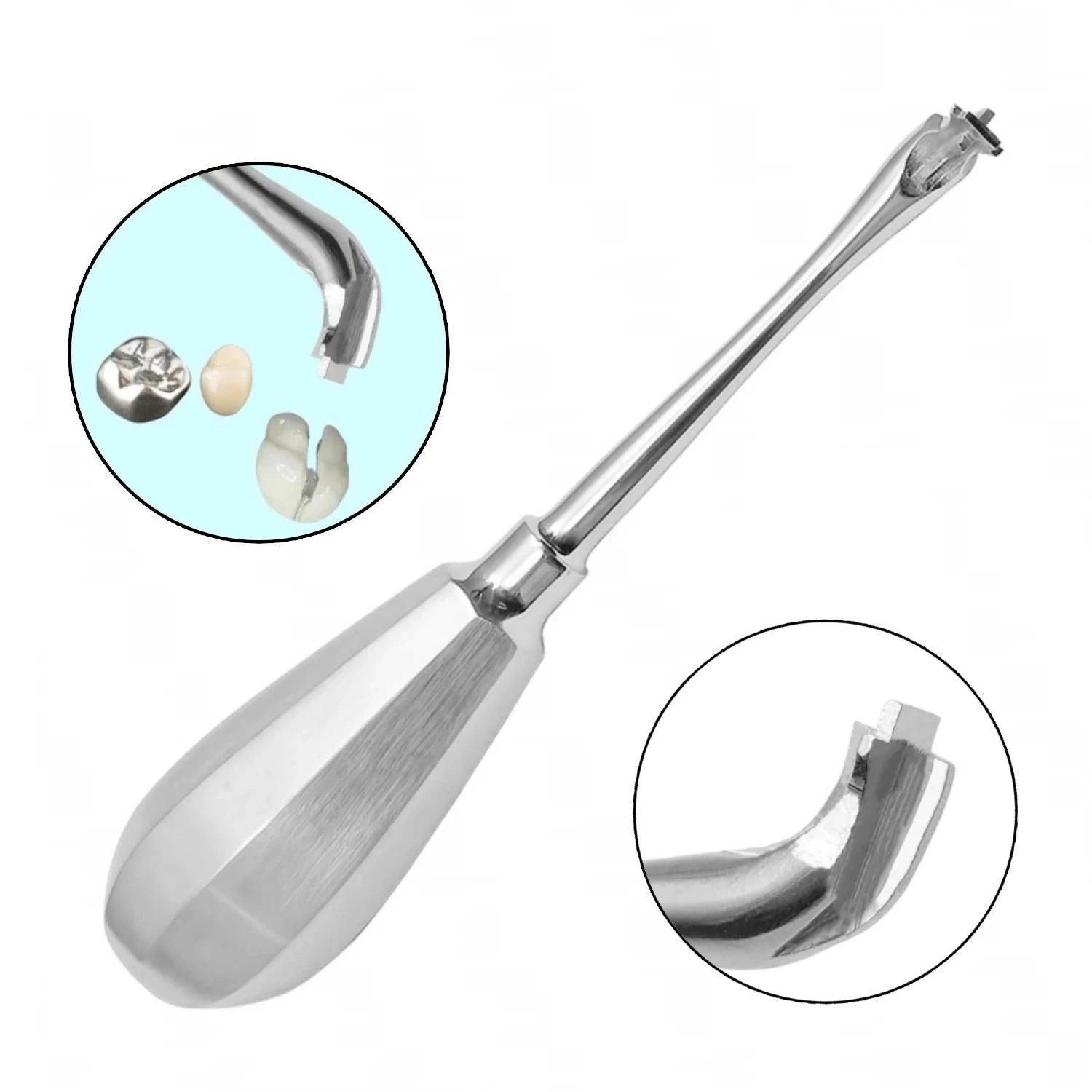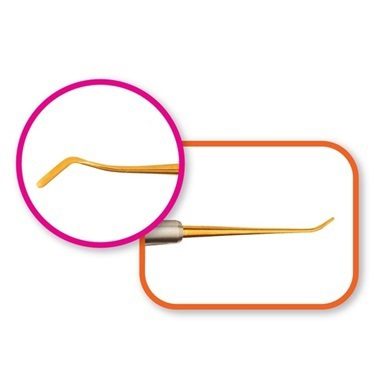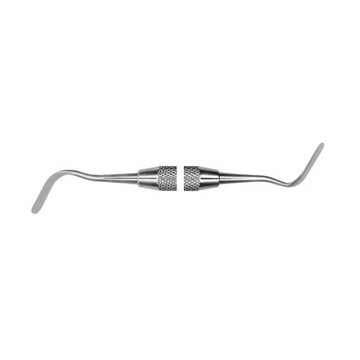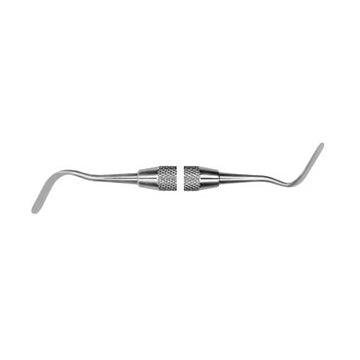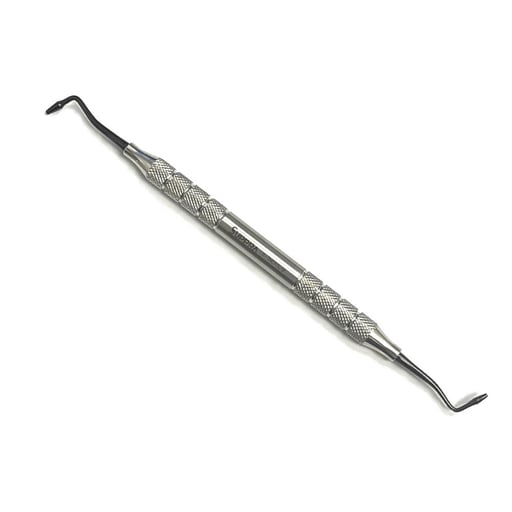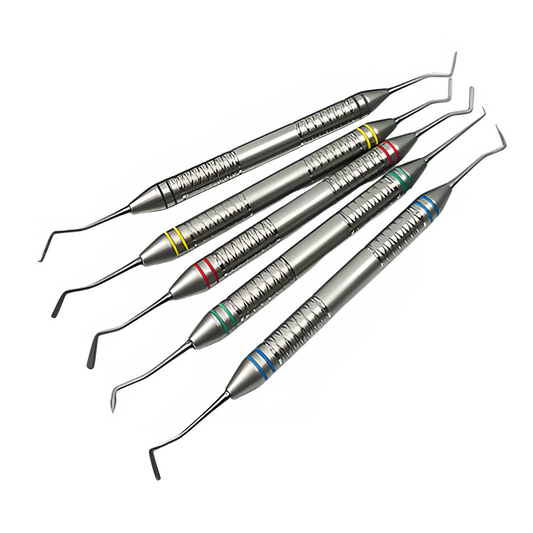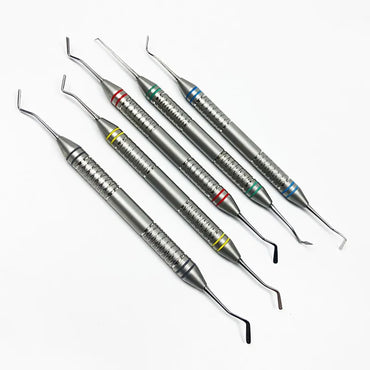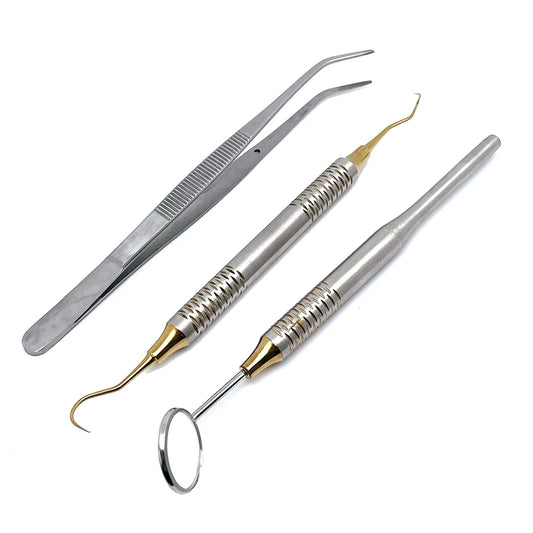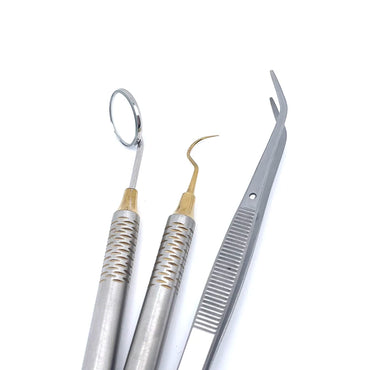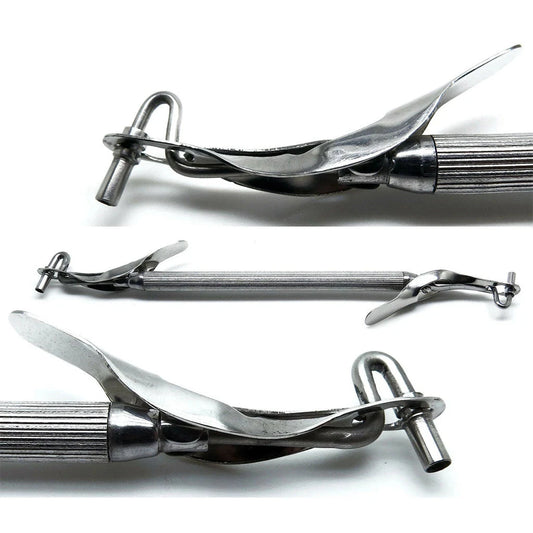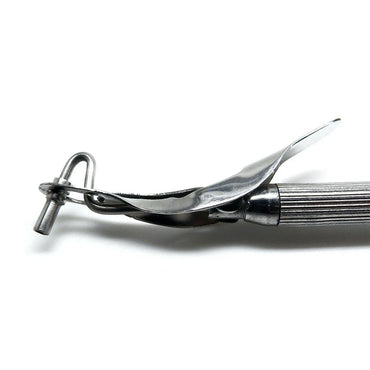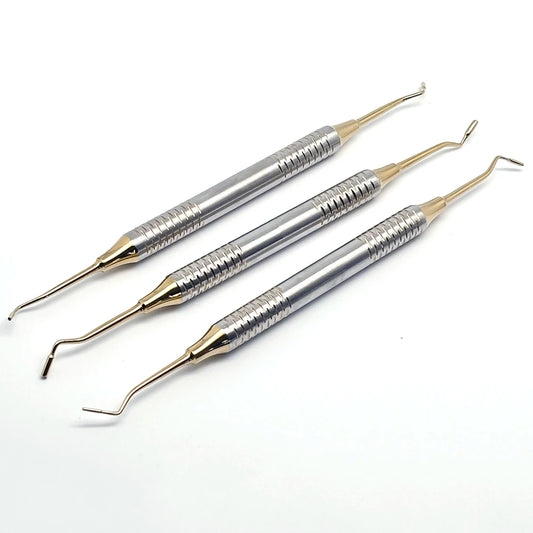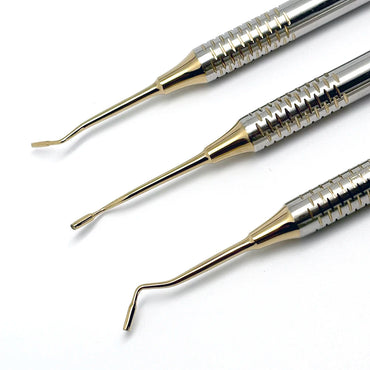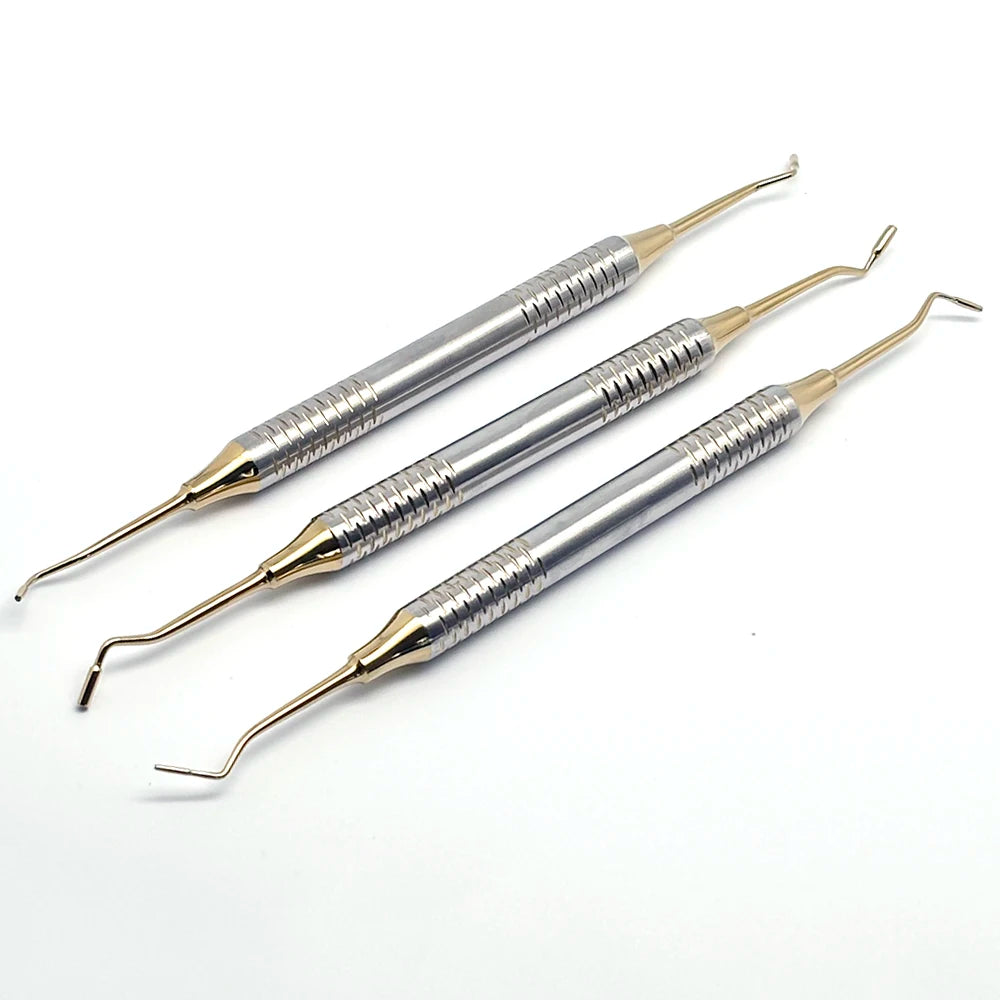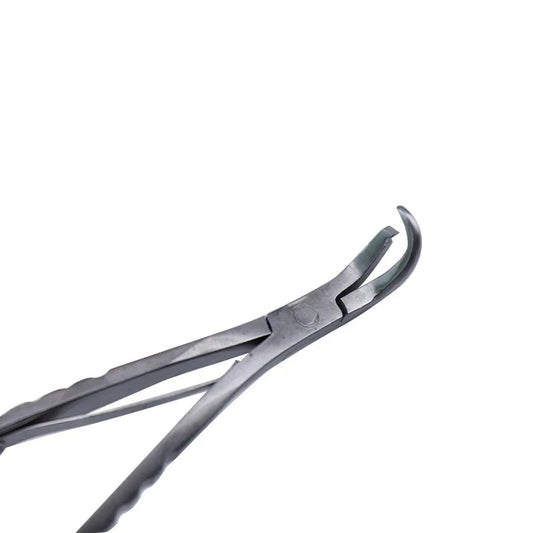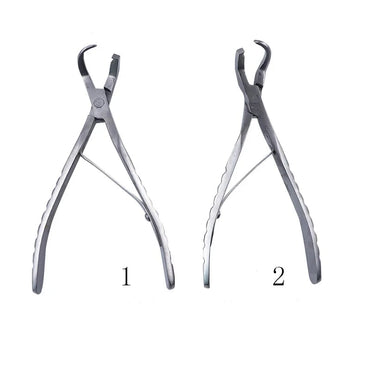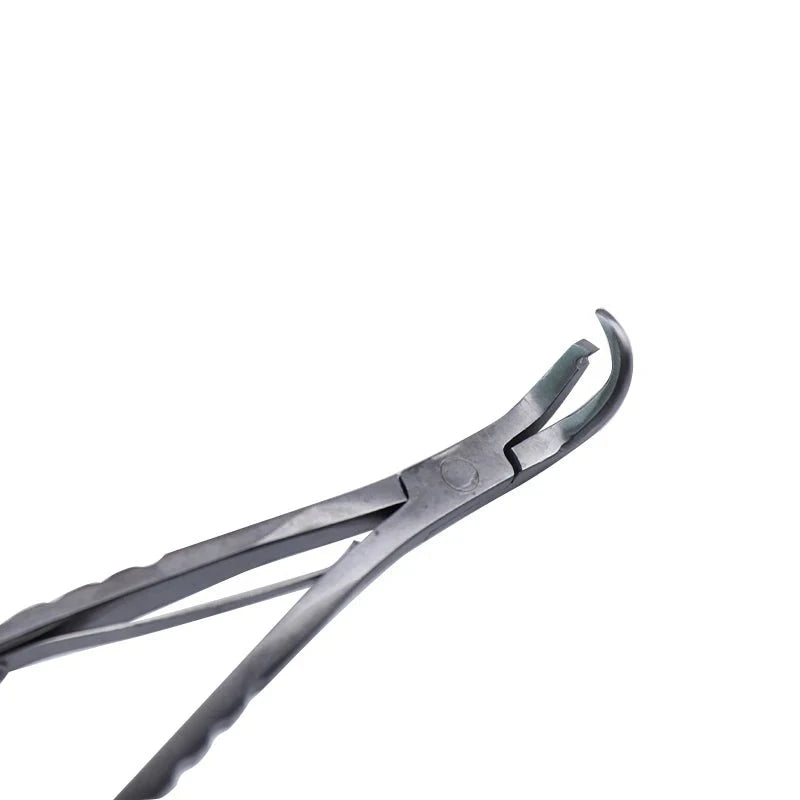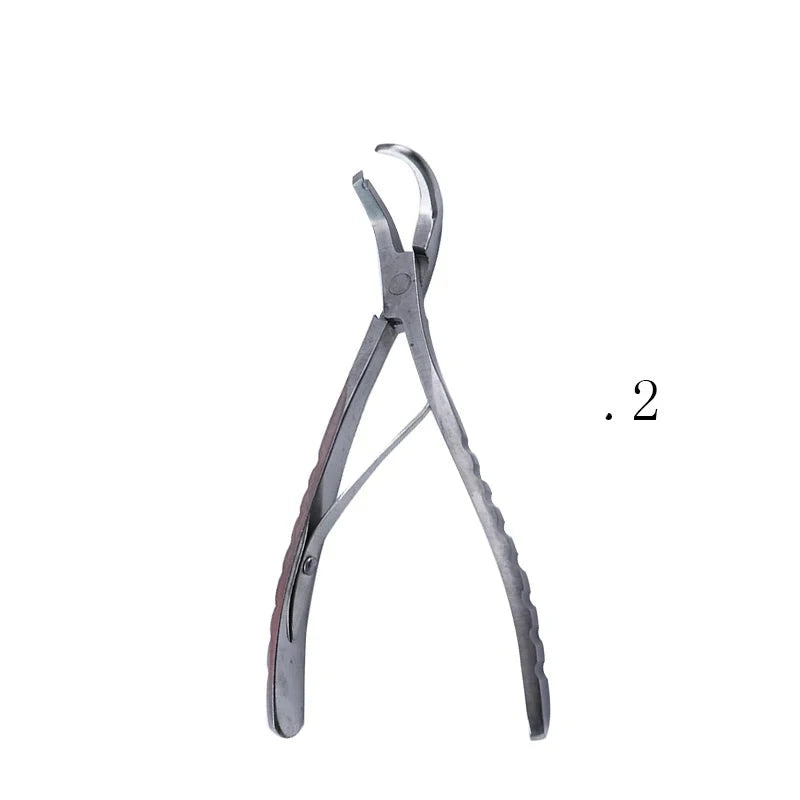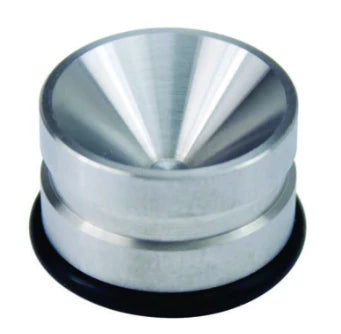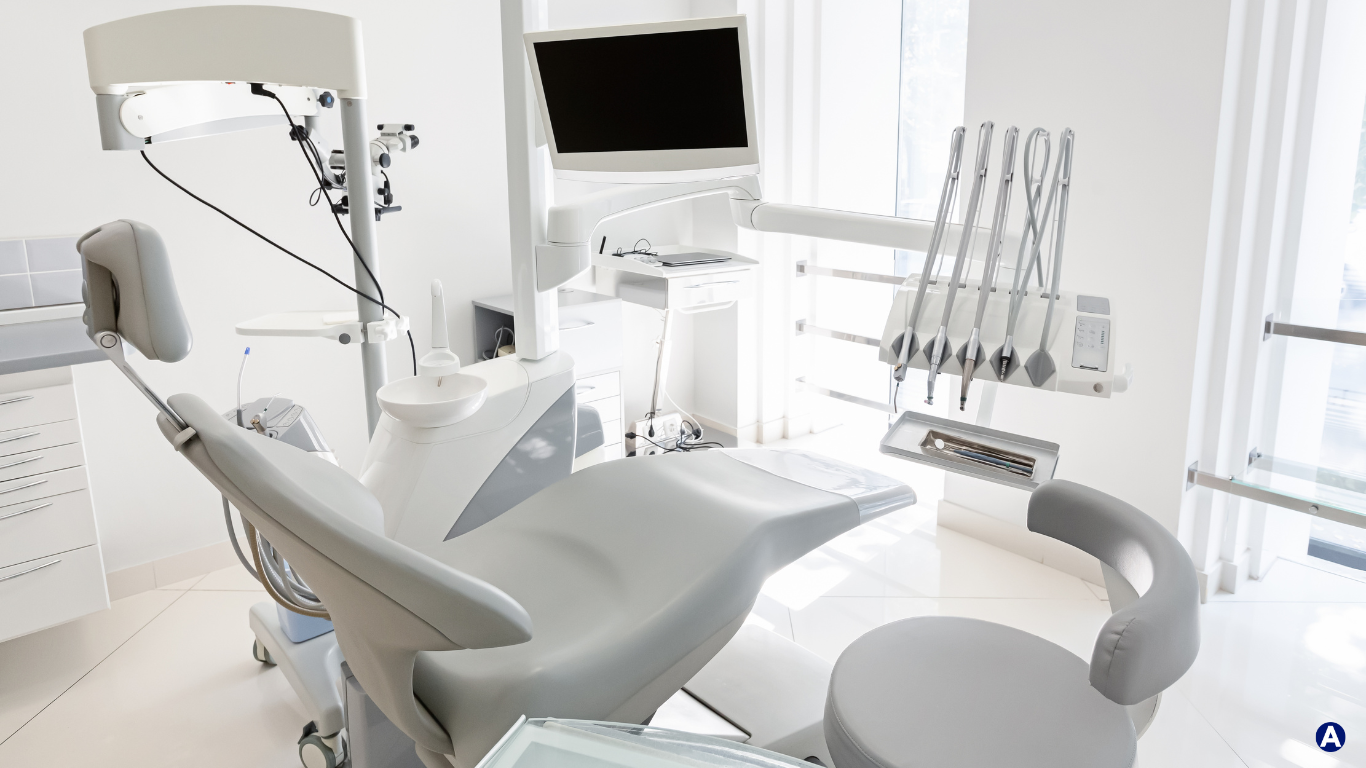When it comes to restorative dentistry, composite resins play a critical role in achieving both functional and aesthetic results. Two of the most popular composite resins on the market are 3M Filtek Z250 and Kulzer Charisma Diamond. Both products have earned a solid reputation among dental professionals, but their unique features and performance can influence a dentist’s choice depending on the procedure, patient needs, and overall practice goals. In this review, we’ll compare 3M Filtek Z250 and Kulzer Charisma Diamond, examining their features, benefits, and limitations to help you decide which product best suits your dental practice.
Overview of 3M Filtek Z250
3M Filtek Z250 is a universal nanohybrid composite resin designed for a wide range of restorative applications. It’s been a staple in many dental offices due to its durability, ease of handling, and reliability over time. As a trusted product from 3M, a well-known leader in dental materials, Filtek Z250 is intended to meet the demands of both anterior and posterior restorations.
Key Features of 3M Filtek Z250:
- Nanohybrid Composition: Filtek Z250 uses nanotechnology to create a resin with a smooth, polishable finish that retains its luster over time. The nanoparticles ensure high strength, wear resistance, and fracture toughness.
- Versatility: This composite is designed for both anterior and posterior restorations, offering a wide range of shades to match natural tooth color.
- Ease of Use: Many clinicians praise Filtek Z250 for its excellent handling properties. It is non-sticky, sculptable, and has a good consistency, making it easy to shape and mold, even in challenging areas.
- Durability: With its high compressive strength and resistance to wear, Filtek Z250 is a durable solution for long-term restorations.
Pros of Filtek Z250:
- Excellent handling and easy manipulation
- Strong and durable for posterior restorations
- Smooth, long-lasting polish
- Wide range of shades for aesthetic matching

Cons of Filtek Z250:
- Slightly less translucent than newer composites, which may affect anterior aesthetic restorations
- Not specifically designed for highly demanding aesthetic cases

Overview of Kulzer Charisma Diamond
Kulzer Charisma Diamond is a premium nanohybrid composite resin known for its advanced aesthetic properties and strength. It is designed for both anterior and posterior restorations, offering a combination of aesthetics, strength, and flexibility for a wide range of dental applications.
Key Features of Kulzer Charisma Diamond:
- Nanohybrid Technology: Like Filtek Z250, Charisma Diamond is a nanohybrid composite, ensuring high strength and durability with superior polishability and long-term luster retention.
- Aesthetic Excellence: Charisma Diamond is known for its exceptional aesthetic properties. It mimics the natural translucency of teeth, making it ideal for anterior restorations where a high level of aesthetic detail is required.
- Low Shrinkage Stress: The composite boasts low shrinkage stress, minimizing the risk of microleakage and secondary caries. This feature is particularly important for large restorations.
- High Radiopacity: Charisma Diamond offers high radiopacity, making it easier to identify on X-rays, which aids in post-treatment diagnostics.
Pros of Charisma Diamond:
- Outstanding aesthetic qualities for anterior restorations
- Low polymerization shrinkage and reduced stress
- Excellent polishability and long-term gloss retention
- Strong radiopacity for easy diagnostics

Cons of Charisma Diamond:
- Higher cost compared to standard composite resins
- Some clinicians may find it slightly more technique-sensitive during application
- Not as widely available as some competing composites
Comparison: 3M Filtek Z250 vs. Kulzer Charisma Diamond
1. Aesthetic Properties:
When it comes to aesthetics, Kulzer Charisma Diamond* clearly outperforms 3M Filtek Z250. The high translucency and natural enamel-like appearance of Charisma Diamond make it an excellent choice for anterior restorations where achieving a perfect color match is critical. On the other hand, while Filtek Z250 offers a good range of shades and can produce aesthetically pleasing results, it lacks the same level of translucency and depth of color as Charisma Diamond. For posterior restorations, where aesthetics are less of a concern, Filtek Z250’s slightly less translucent appearance is not as much of an issue.
2. Handling and Ease of Use:
3M Filtek Z250 is widely praised for its ease of handling. Its non-sticky texture and excellent sculptability allow for easy placement and shaping, especially in posterior restorations. Many clinicians appreciate its forgiving nature, making it suitable for a wide range of practitioners, from beginners to experts.
Conversely, Kulzer Charisma Diamond offers good handling properties, but some clinicians report that it can be slightly more technique-sensitive compared to Filtek Z250. However, for those skilled in handling aesthetic composites, the payoff in terms of final appearance is significant.
3. Durability and Strength:
In terms of durability and strength, both composites perform well, but Filtek Z250 has a slight edge due to its long-established reputation for posterior restorations. Its high compressive strength and wear resistance make it particularly suitable for areas subjected to high chewing forces, such as molars.
Kulzer Charisma Diamond is also strong, but its key strength lies in its low polymerization shrinkage, which reduces the risk of microleakage and makes it an excellent choice for large restorations. However, it may not be quite as durable as Filtek Z250 in highly stressed posterior areas.
4. Radiopacity and Diagnostics:
When it comes to radiopacity, Charisma Diamond has a slight advantage over Filtek Z250. High radiopacity ensures that the material can be easily identified on X-rays, helping clinicians in the long-term management of the restoration and surrounding tissues.
5. Cost:
In terms of cost, 3M Filtek Z250 is generally more affordable than Kulzer Charisma Diamond. While Charisma Diamond offers superior aesthetics, it comes with a higher price tag. For practices that perform a high volume of posterior restorations, Filtek Z250 may be a more cost-effective choice, while Charisma Diamond is ideal for those seeking premium aesthetic results for anterior restorations.
Both 3M Filtek Z250 and Kulzer Charisma Diamond are excellent nanohybrid composite resins, but they cater to slightly different needs. 3M Filtek Z250 excels in handling, durability, and cost-effectiveness, making it a reliable choice for everyday restorative work, particularly in the posterior region. Kulzer Charisma Diamond, on the other hand, shines when it comes to aesthetics and reducing polymerization shrinkage, making it the go-to for high-end anterior restorations where aesthetics and minimal shrinkage are priorities.
Ultimately, the best choice depends on your practice's needs—whether you're prioritizing aesthetics or durability, or seeking a balanced approach to both.








